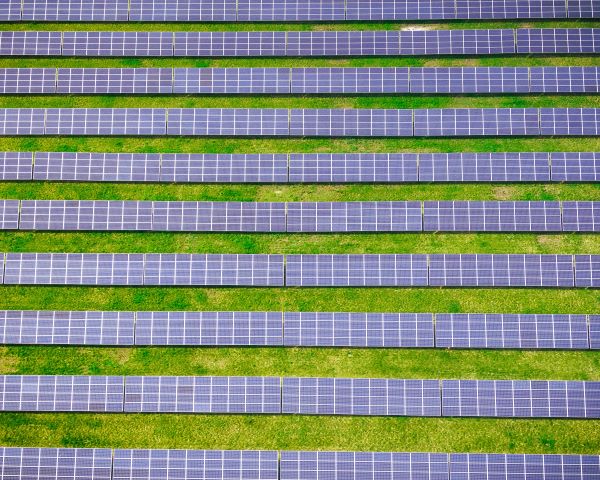When it comes to sunshine, Africa certainly isn’t lacking. Installing more solar panels could reduce farmers’ dependence on oil and gas. They can power water pumps, greenhouses, outdoor lights, heaters and more. Parts of Africa have already adopted a net metering system to incentivize people to go solar. How does it work?
Net Metering, Explained
Solar panels don’t constantly run — during cloudy days and at night, panels produce little to no energy. But, thankfully, the power doesn’t shut off when the solar panels do. The heat and lights stay on in the barn, water pumps keep running and crop drying machines keep doing their job. That’s because the solar panels are either connected to a battery or the main electric grid.
On-Grid Systems
On-grid solar panels are much more common than their independent, off-grid counterparts. This means an electric company controls them.
If the electric grid goes down, the people who own the solar panels will lose power on the farm. But they can also rely on the electric company to provide them with energy regardless of the season or time of day. Even if the solar panels shut off, the grid still offers power.
Off-Grid Systems
Off-grid solar panels operate independently. They can be practical for people who live in remote areas since technicians would otherwise have to run an extremely long cable from the main grid to the farmer’s property. They also make sense for people who only need solar panels for a few purposes, such as setting up a single electric fence or light. Off-grid systems are connected to a battery that stores electricity.
The Net Metering Process
If a farmer’s on-grid solar panels produce excess energy, they can send it back to the grid and receive credit for it. Their energy meter will effectively run backward. Then, the energy company applies the credits to their next bill. This is called net metering.
Farmers can store their extra electricity in the grid for free and use it later as needed. When the sun sets and the solar panels are dormant for the night, the energy company doles out electricity to their customers, using credits to subtract the charge from their next bill. It’s similar to a value stack program — in which a company pays customers for producing excess energy — except a net metering program won’t send farmers a check in the mail.
Some countries enforce net metering and others don’t. For instance, South Africa has an established net metering program. Other countries — including Ghana, Kenya and Cabo Verde — have a written framework for one, but have not yet implemented it. Still, African nations like Benin and Burkina Faso have banned net metering.
Pros and Cons of Net Metering
The benefit of participating in this type of program is farmers can drastically lower their energy bills. In some cases, their electricity might even be free and all they have to pay is a fee for using the meter.
Africa has abundant sunshine. But if there’s a long stretch of cloudy days during which a farmer’s solar panels underperform, they can rest easy knowing the lights, heat and electric fences will stay on.
The downside is net metering requires farmers to connect to the grid. This means they have to rely on a third party to keep their power on and if the grid gets overloaded, they might experience shutdowns. It can also be expensive to run an electric cable to a remote rural area — the cost increases with the distance.
Empowering Africa
Overall, net metering is an excellent incentive for farmers looking for cheap and reliable electricity sources. Solar panels also produce no emissions. The sun is an inexhaustible resource, so going solar will reliably reduce Africa’s dependence on fossil fuels, provide opportunities for farmers and lower energy costs.

Jane is an agriculture and environmental journalist and the founder and editor-in-chief of Environment.co, where she covers sustainability and eco-friendly living.








